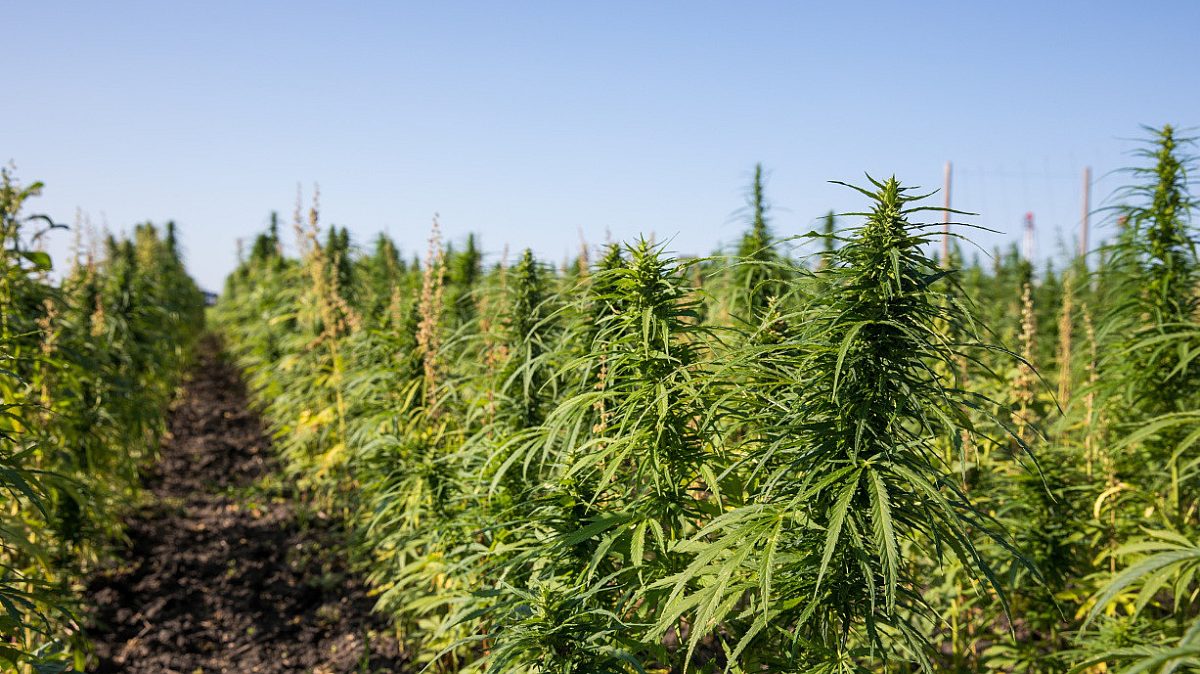Bill Would Let Farmers Tap into Growing Industrial Hemp Market
TOPICS
HempErin Anthony
Director, Communications

photo credit: AFBF Photo, Philip Gerlach
Erin Anthony
Director, Communications
The American Farm Bureau Federation is backing a measure that would allow U.S. farmers to tap into the potentially sizeable market for ingredients derived from industrial hemp in foods and beverages, cosmetics and personal care products, nutritional supplements, fabric and textiles and much more. The Hemp Farming Act of 2018 (S. 2667) would remove hemp’s designation as a Schedule 1 controlled substance by the U.S. Drug Enforcement Agency.
For nearly 70 years industrial hemp has been wrongly associated with its cannabis cousin, marijuana. As a result, a great deal of agricultural heritage in hemp seed genetics, crop research and technological innovation has been hindered or lost entirely, according to AFBF.
In addition, the Congressional Research Service has determined the U.S., the only major industrialized country in which farmers are not allowed to legally grow industrial hemp, is the largest importer of hemp materials, with annual sales exceeding $600 million.
“However, the tide is turning, and once again policymakers in Washington, D.C., and state houses across the country recognize the tremendous potential that industrial hemp can offer farmers as an effective rotational crop with promising economic benefits,” AFBF President Zippy Duvall wrote in a letter to Sen. Majority Leader Mitch McConnell (R-Ky.), the legislation’s lead sponsor.
With the passage of the 2014 farm bill, and under the supervision of research universities or state departments of agriculture, states were authorized to “study the growth, cultivation, or marketing of industrial hemp.” Since then, more than 30 states have passed legislation legalizing this type of research, but its full-fledged production and commercialization is extremely hindered by its current designation as a Schedule 1 controlled substance.
Rep. James Comer (R-Ky.) has introduced companion legislation (H.R. 5485) in the House.